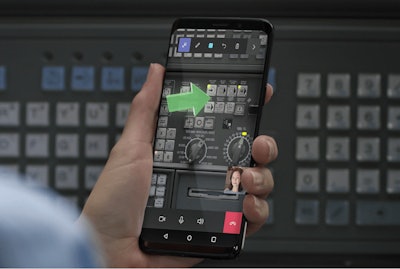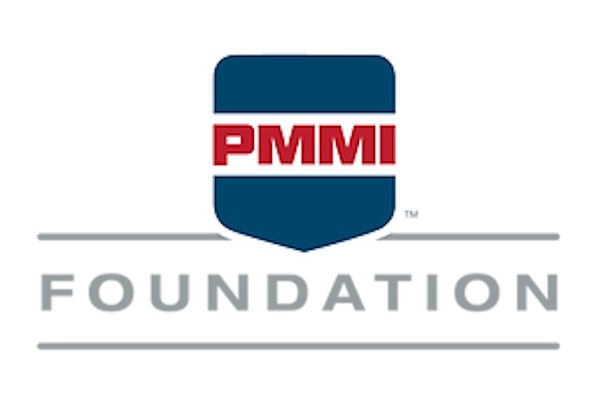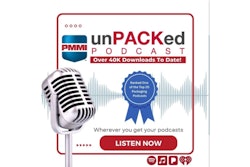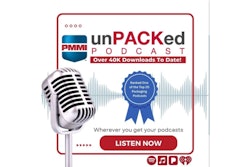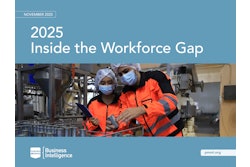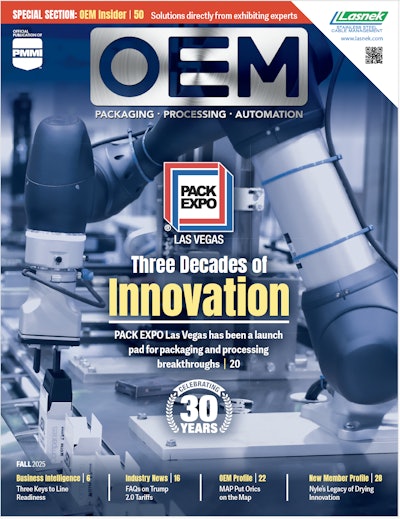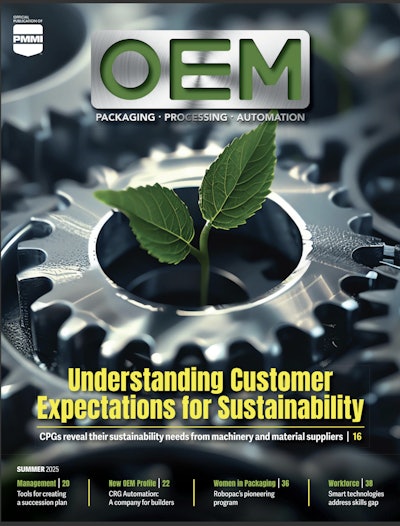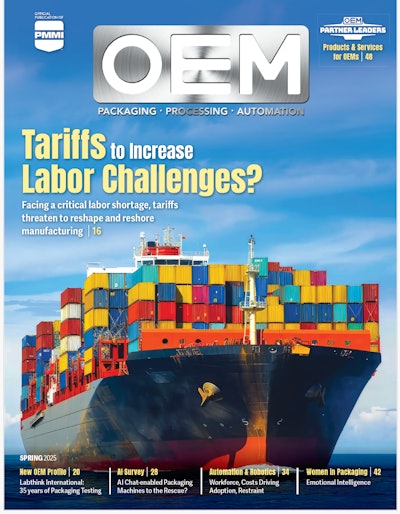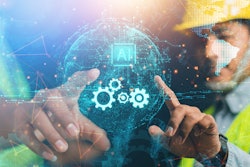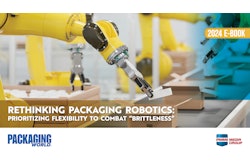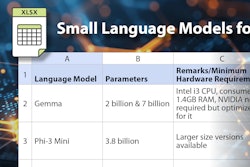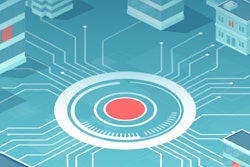Restrictions on travel have created one of the biggest pandemic challenges as suppliers struggle to provide services to their customers. “In order to uphold a standard of safety for our customers and on-site food safety sanitors, approval procedures were put in place to restrict travel within the organization,” notes Candy Lucas, senior food safety director for PSSI.
Suppliers are incorporating new technologies to better service their customers remotely. “The increase of Microsoft Teams meetings, Zoom meetings, FaceTime calls, conference calls, and remote desk audits are now part of our new normal,” Lucas says.
Read the full Tech Today on Cleaning and Sanitation, "Challenges Amid a Pandemic," to see how COVID-19 is changing the way food and beverage manufacturers manage their cleaning processes and products.
Sani-Matic has developed a software as a service (SaaS) called the SaniTrend Cloud Online Data Acquisition & Management System that provides customers with visibility into their cleaning equipment from anywhere. It is available with any new PLC-controlled, automated cleaning system from Sani-Matic and can also be retrofitted with any existing Sani-Matic automated cleaning system that has an Allen-Bradley CompactLogix or higher PLC processor.
The software provides automated, secure data acquisition and reporting of critical cleaning cycle information for any automated cleaning system. Dashboards, OEE trends, event history, and alerts also provide actionable insights into cleaning system operation.
The equipment maker was already working on its release pre-COVID, but the timing of its release was fortuitous with so many workers needing to work from home because of the pandemic. “The technology to see information outside of the main plant has existed, but the food industry has been very reluctant to allow data outside the firewall. That’s prohibited a lot of this technology,” says Bryan Downer, vice president of sales and marketing at Sani-Matic. “What we’ve seen more and more is that customers are recognizing it’s inevitable. Their IT departments have begun providing a means by which things like this can be done.”
Augmented reality (AR) and virtual reality (VR) technologies might have seemed relatively futuristic just months ago even. But with the restraints that COVID-19 is putting on facility access, they are becoming a more essential part of the toolbox. “Digital tools are boosting efficiency and avoiding downtime, which is always critical, but particularly so during COVID-19, when so many people are relying on a robust food supply,” says David Goforth, vice president of field sales for Ecolab’s Food and Beverage division in North America.
Ecolab, which provides cleaning and sanitation products and services, is leveraging Microsoft’s mixed-reality technology to enable social distancing and gain access to facilities that have closed or restricted access during the COVID-19 pandemic, helping them to keep operating, Goforth notes.
“Ecolab’s sales and technical representatives in the field can wear Microsoft HoloLens devices, which allows them to virtually connect to Ecolab’s scientists, engineers and cross-functional teams for support,” he says. “This allows Ecolab to remotely diagnose and troubleshoot issues around contamination, our engineers to oversee chemistry usage, guide the installation of new equipment, monitor water quality, help train new employees and, ultimately, implement solutions. Response times are quicker and multiple experts can collaborate to diagnose and troubleshoot customer problems without having to travel to the site.”
Ecolab has pilot programs in place at dozens of its customer facilities across six regions. They’re using mixed reality to identify and fix tank leaks, cross-contamination and site surveys, for example, and have also recognized and eliminated equipment malfunctions and corrected wastewater flow rates, Goforth says. “For one beverage producer, we instructed a new employee how to perform an acid wash and the trainer was completely remote,” he notes. “Very few people were needed to achieve these successful outcomes. The mixed-reality program can also save hours or days in response time, it may eliminate travel expenses, and it keeps our customers and associates safer.”
With customers across a range of industries, Ecolab is also using experience from those sectors to apply lessons learned back to food and beverage customers, Goforth adds.
